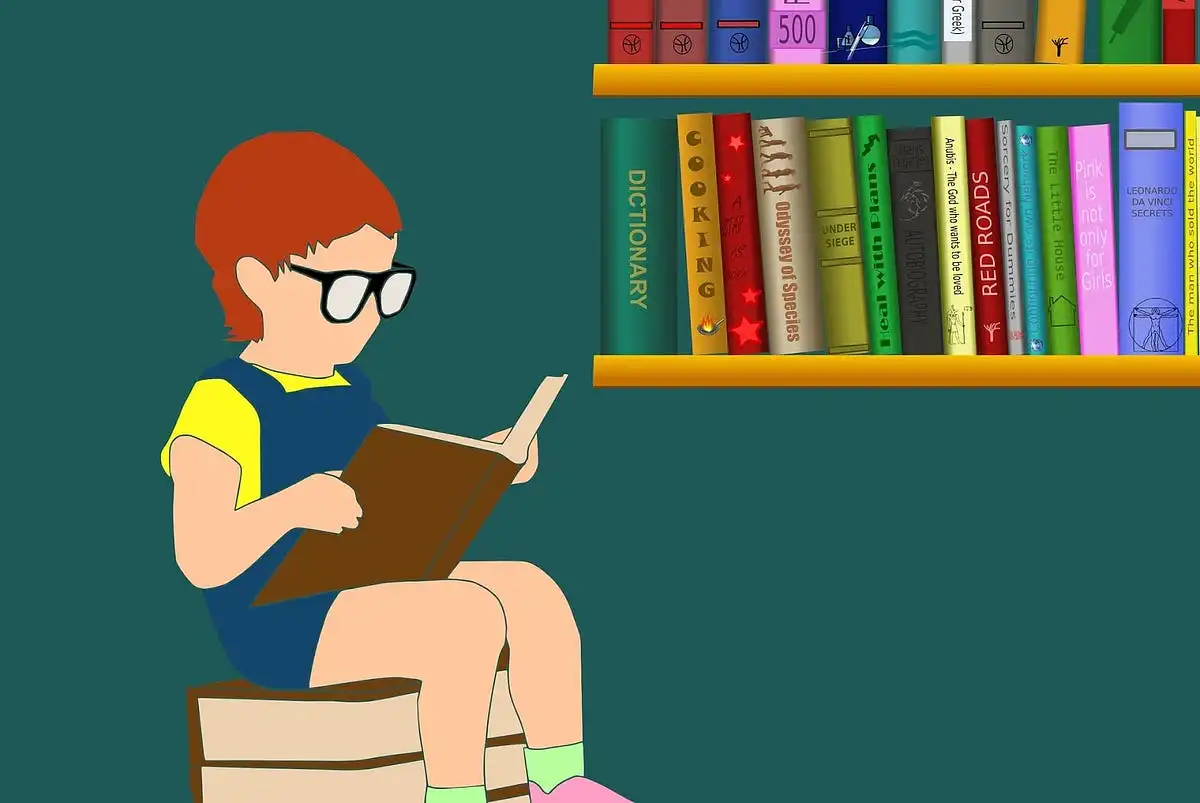[Helpful Resource] Lost in Translation: The Social Language Theory of Neurodivergence (Part 1 and 2)
 autietraumageek.medium.com
autietraumageek.medium.com
A de-pathologising and enabling explanation of typical neurodivergent perception and expression culture.
By Janae Elisabeth, a researcher-storyteller and neurodiversity advocate from western North Carolina.
The two rather concise blog articles are suitable for handing to people who may ask (or may not have asked) what this neurodiversity thing is actually about. And if you are divergent, you will probably recognise yourself.
In part 1, Janae lists the most defining differences in communication and culture, in the sibling form of "we".
Quote:
The dominant social group labels our way of being in the world as disordered because they don’t understand us. Even though they don’t understand, the dominant culture controls the narrative about our differences.
Society believes the experts who are not part of our culture, who see brokenness where there is order. We gradually start to believe the myths ourselves and lose all sense of self-esteem. We come to hate ourselves for being different.
How did we get here?
The pathology paradigm is a system of diagnostic labels designed by neurotypicals which categorizes our genetic differences and traumatic stress responses as illnesses, disorders, deficits, and deficiencies. [...]Up until now, scientists have studied us like they study animals — not asking our opinion or considering that there may be a complex system of mind behind the behaviors that they do not understand. They theorize that we are less empathetic, less aware of others, less social. More like robots than people.
They have largely not tried to understand the biological mechanisms that create our experience of self. Instead they have tried every means possible to force us to act neurotypical.
(emphasis partly done by me -- yeah that's a long quote ...)
Headlines:
Processing differences cause us to speak different social languages / Emotions / Empathy / Nonverbal Communication and Body Cues / Words Mean Things / Social Rules / A Different Value System / Skills and Abilities / Reactions to Stress, Pain, and Overwhelm
Part 2:
Link: Lost in Translation: The Social Language Theory of Neurodivergence (part 2 of 2)
In part 2, Janae writes about the impact of the invalidation done by a pathologising clinical approach, the mistreatment following the misunderstanding, and ways in which neurodivergence can be supported, accepted, and embraced.
Quote:
The med/psych system is losing or failing most neurodivergent people. This is the most common theme I am hearing from patients, parents, teachers, and therapists alike. And it’s not just that we are “falling through the cracks” in the system or being neglected, though those are valid concerns. The bigger concern is that the med/psych system is actively harming many neurodivergent people by forcing cultural assimilation.
[...]
A study in 2019 found that psychiatric diagnosis is scientifically meaningless because there is too much subjectivity in diagnosis and not enough understanding of trauma. And when we look beyond simple accuracy and also consider impact, the failure of diagnostic labels becomes clear. Diagnostic labels as they are currently given are worse than useless, they are all too frequently harmful.
(emphasis by me)
Headlines:
While speaking different languages makes relationships difficult, invalidation makes relationships impossible / Self-image, depression, and shutdown / Social rejection, abuse, and PTSD / Mistreatment, re-traumatization, and forced treatment / The neurodiversity paradigm recognizes our different languages and seeks to understand miscommunications instead of pathologizing them. Here are 7 key ways that neurodivergence can be supported, accepted, and embraced
Further reading:
- The paper mentioned in the above quote is available for download as PDF when you search the internet for the title "Heterogeneity in psychiatric diagnostic classification" +PDF. It's interesting for understanding how non-scientific the standard psychiatric assessment actually is.
- In another entry, Janae talks about how the DSM-5 criteria fail. Direct link: A Neurodiversity Paradigm Breakdown of the DSM-5 Criteria for Autism
- ... or if you prefer an informed eye-roll done by Yo Samdy Sam on y-tube: Autism diagnosis criteria: explained (DSM-5).